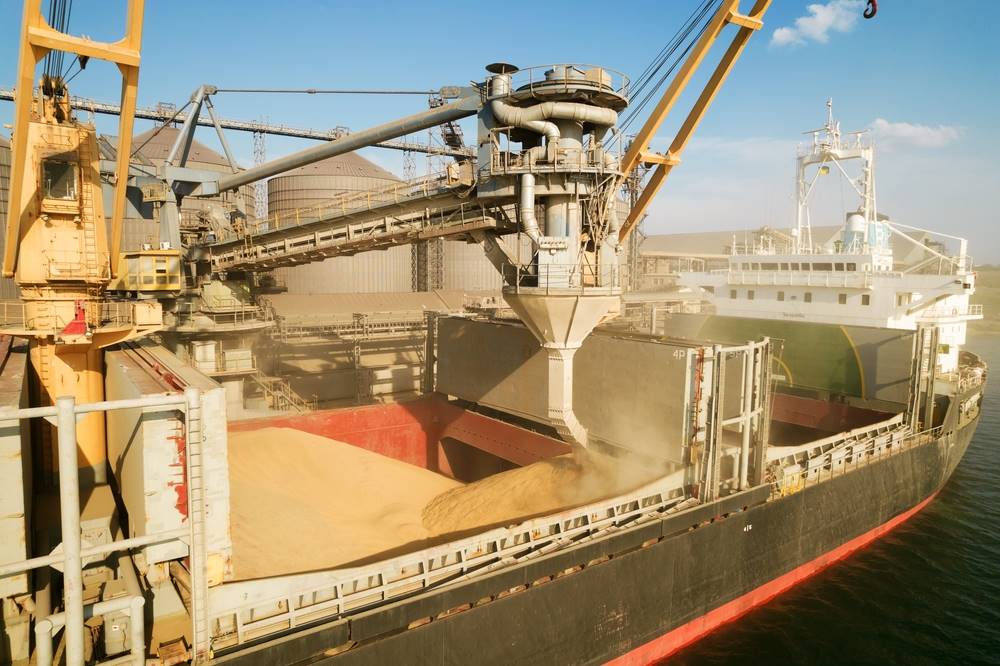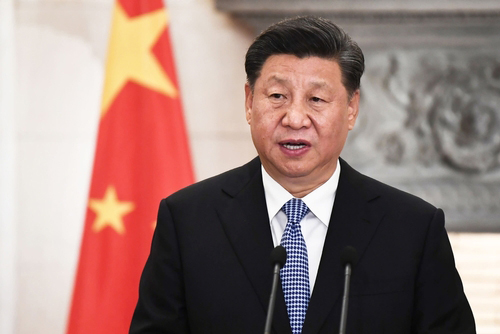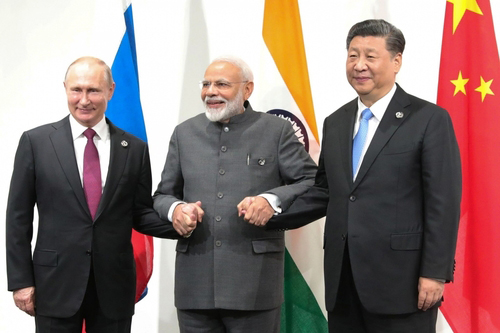At the Third Belt and Road Forum for International Cooperation on October 17–18, 2023, Xi Jinping sought to promote a leaner but “smarter” and greener Belt and Road Initiative (BRI) and to reinforce China’s role as a leader in global economic development. Xi also used the forum to draw a contrast between his vision of economic interdependence and the views of China’s critics in the West, who seek to reduce their dependence on Chinese supply chains. However, the prominent role that Russian President Vladimir Putin enjoyed at the forum undermined Xi’s interdependence message, highlighting instead the fracturing of the international community over conflicts in Ukraine and Gaza.
The Third Belt and Road Forum was meant to reboot the decade-long initiative in the face of persistent criticism over its negative financial and environmental repercussions in some recipient countries. Instead of focusing primarily on infrastructure and fossil fuels, which had attracted critical attention, Xi outlined an eight-point plan explaining how BRI 3.0 will prioritize digital connectivity, emerging technologies, and new energy. These new priorities nevertheless raise concerns in recipient countries about potential People’s Republic of China control over data and the environmental costs of developing new energy technologies.
How Belt and Road Has Changed
While Western observers have pointed to unsustainable levels of debt that BRI recipient countries have assumed, China has become concerned about excess exposure to non-performing loans. In 2019, Xi rebranded BRI as a “Clean Silk Road,” and the share of renewables in China's overseas investments began increasing. In 2021, with the COVID-19 pandemic taking a toll on China’s economy and creating new obstacles to connectivity, Xi spoke of the need for a “small but beautiful” BRI. Two years later, as technological competition has become a more prominent feature of global politics, Xi is now advocating a “small yet smart” BRI, referring to the growing importance of technology in developing new projects.
Originally, the Belt and Road Initiative was seen as the centerpiece of Xi’s foreign policy agenda, but since then he has promoted a trio of newer initiatives: the Global Security Initiative, Global Development Initiative, and Global Civilization Initiative. Together, they project China’s global vision of a world order in which security and development are interconnected, contributing not only to global governance but especially to the security and power of the Chinese state. In his keynote speech, Xi contrasted his vision of an open BRI fostering common development with ongoing efforts in the US and other countries to derisk from China. He obliquely criticized efforts to reduce dependence on China, stating that seeing “others' development as a threat or taking economic interdependence as a risk will not make one's own life better or speed up one's development.” Despite Xi’s effort to portray China as a promoter of global economic interdependence, the BRI remains clearly centered on promoting China’s domestic economic development and creating a community of a shared future with China at its center. As Xi stated, “When China does well, the world will get even better.”
Putin’s Role in the Belt and Road Forum
Even as he emphasized that “ideological confrontation, geopolitical rivalry, and bloc politics are not a choice for us,” Xi gave Vladimir Putin a high-profile role at the forum. Despite some initial qualms in Moscow about the impact of the BRI on Russia’s own regional integration plans, Putin has attended all three BRI forums. He appeared to lay those concerns to rest in his interview with Russian media, stating that there was no competition between Russia’s Eurasian Economic Union and the BRI, since the former was a local initiative and the latter a global one. However, he spoke of cooperation with China on the Northern Sea Route, the waterway that spans Russia’s Arctic coast, not the “Polar Silk Road,” the term favored by China to depict an emerging trade route from northeast China to Europe—in which the Northern Sea Route would play only a transit role.
Putin spoke directly after Xi’s keynote speech, a placement that highlighted their collaboration on the world stage, as well as China’s choice to side with Russia in an increasingly fractured global community. At the Third BRI Forum, only two, Russia-friendly European leaders attended: President Aleksandar Vučić of Serbia and Viktor Orbán of Hungary—the only head of state there from the European Union. Although there were 4,000 participants from about 140 countries, just 24 world leaders attended, fewer than in earlier BRI events. One surprise attendee was the Taliban’s Minister of Commerce, Nooruddin Azizi, who participated despite the fact that China does not recognize the government officially. The Taliban are planning to join the BRI to reanimate some long-delayed Chinese investments in Afghanistan and attract additional capital from China.
In the past decade, Xi has reimagined the BRI three times. It now claims to be cleaner, leaner, greener, and “smarter.” Despite these changes, at the most recent forum, Xi emphasized one enduring factor in Chinese diplomacy: China’s “permanent good-neighborly friendship” with Russia. The Sino-Russian partnership loomed large at the BRI forum, not only highlighting their parallel efforts to prioritize ties with the Global South at a time of tension with West, but also undercutting Xi’s message that China’s economic governance initiatives would prevent global division.



